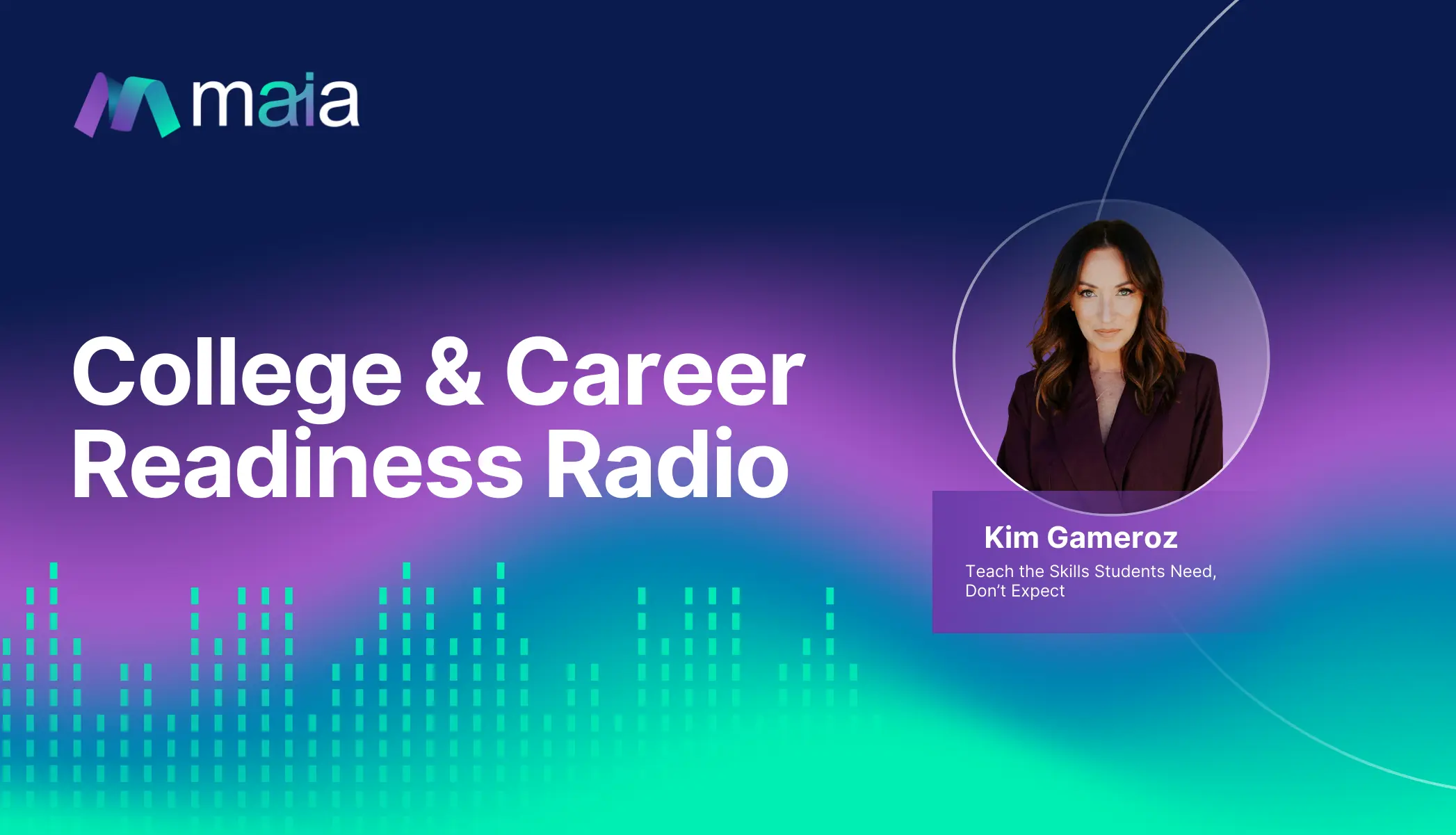It’s common for students to write essays about something that they overcame in recent years or a passion that they want to pursue in life. These are fine places to start, but unique essays will include much more. As educators and advisors help students to craft their best work, it’s beneficial to consider what makes an essay great. Because the essay is particularly important for students who seek acceptance from selective schools and/or highly selective majors, they’ll need useful tips and tricks. The three application essay strategies below are meant to guide those of us who help students to put their best foot forward during application season. The first two tips are about the main essay that stays universal and the last tip is directed toward supplemental essays that may also be required.
Include a Personal Story (Main Essay)
One of the jobs of an admission officer when selecting students for a sought after major is to build a cohort. This means that it’s not always about who has the highest GPA or the best standardized test scores. Instead, they want a variety of students and the essays are an important part of finding out more about a student. The essay is an opportunity for students to tell their own story in their own voice.
One problem that many students have is that they try to fit too much information into the essay versus writing a very personal and cohesive story. A coherent personal story that goes deeper into one aspect of a students’ life is much better than an essay that covers a lot of ground but doesn’t speak to the depth of a students’ personal background.
Because the goal is often a well-rounded cohort, students should select a story from their lives that makes them unique as a person and might offer benefits to the other students and faculty in their major or graduation year. Anything that can be considered as common or even boring will likely be overlooked. This doesn’t mean that other aspects of the application won’t be strong, but it does mean that the student missed out on the opportunity to showcase themselves through the essay portion of the application.
The first tip is to help students with a cohesive unique story about themselves; one that gives a glimpse into the student - their character, values, and what matters most to them.
Incorporate Something Extra (Main Essay)
As students choose topics for their main essay, it’s critical that they select something that doesn’t repeat other aspects of their application process. The college and university admissions officers should be able to see a 360 degree version of an applicant, but students often repeat things that already appear on the transcript or activities list. For example, a student might try to repeat information about activities already listed elsewhere on their application, or how they struggled with a certain course or worked hard to be in the top 25 students in their class. Admissions officers can see course grades and class rank on transcripts and other documents so they’re looking for other information to go on for acceptance or denial.
The best essays will demonstrate more than academics and activities. They’ll paint a picture of a human, not just a student. Guiding questions can be asked to support students as they make decisions about the content of their main essay. What makes you different from everyone else? What are some of the experiences you’ve had outside of school that shape who you are? What would someone say is your greatest quality other than what we see at school? Asking students questions or using surveys can get students thinking deeply about who they are and what they might express in their essay that goes beyond the rest of their application materials.
The second tip is to ensure that students are saying something that can’t be identified in the other application materials.
Add College Specific Interests (Supplemental)
In the supplemental essay, many students write about what their hopes and dreams are after graduating from a particular school or major. They say a great deal about what the degree means to them and how it benefits their future. While these are important ideas to express, they often don’t go far enough to stand out. Schools are looking for students who would be a great fit. They want to know the specifics of what students are going to bring to the table and what this particular university or degree program is going to allow the student to do that others might not. In this regard, students should focus their supplemental essay on very specific details about what they plan to offer a school during and after graduation and which specific aspect of a school or degree will propel them into their life goals. They should also make sure they are showing a good fit with the college’s mission statement.
For example, if students know something about campus life that’s unique to a school, and they want to contribute in a certain way, that should be included in the supplemental material where appropriate. Another example is a major where a large percentage of students at a particular school participate in internships, and the student has a desire to work with a special industry partner, that’s a story to tell. The point is to develop an essay that makes the student and the college a best fit because of the match between the student’s and the college’s goals.
The third tip is to coach students to write supplemental essays that demonstrate a fit for both college and personal goals, not just one or the other.
Conclusion
We can’t stress enough that students should tell one unique story with depth and not try to cover too much with the essay. Here’s the analogy: instead of trying to describe the whole room, work to describe one chairleg. The leg might be worn or cracked, it might have strength beyond its looks. The deeper into the human side of things, the better, because admissions officers will already be reviewing grades, coursework, and activity lists. They need to see the whole person to make the best decision for the cohort they’re building, and students should reveal what they want to bring to the table as well as what they plan to take away.
If you want to learn more about a platform that can help students brainstorm essay topics as well as review essays for tips and tricks, schedule a demo today.
.png)















